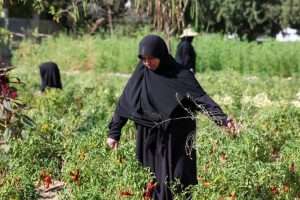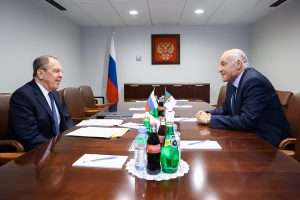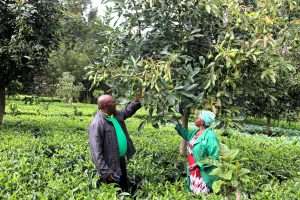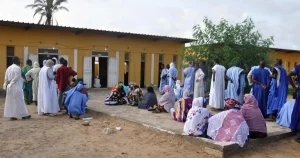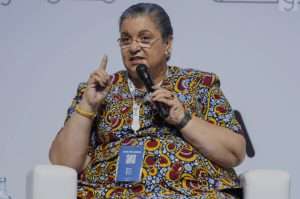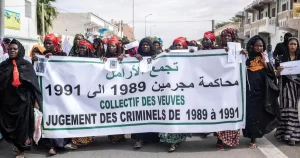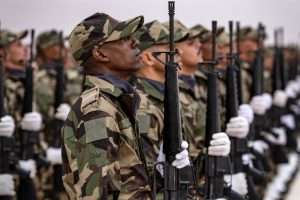Algerian commitment to women’s rights sparks controversy
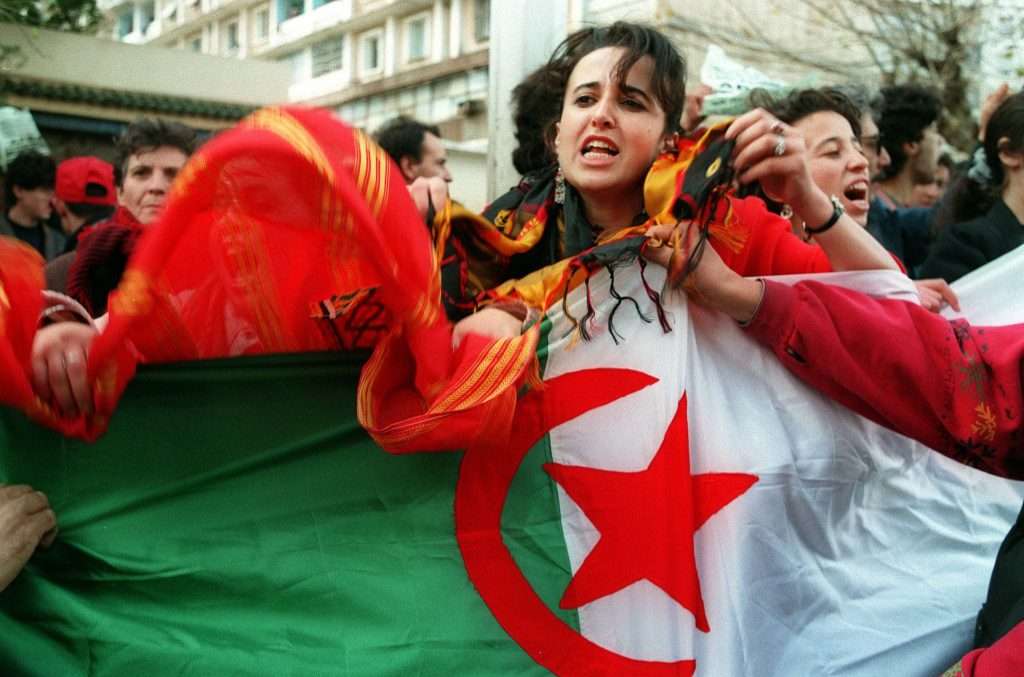
Algeria has reached a human rights milestone, officially retracting long-standing state reservations over parts of the UN women’s rights convention, a step that has reignited debate over the role of religion, law, and gender equality in the country, as reported by The Arab Weekly on 25th August.
The government has formally lifted its objections to two articles of the Convention on the Elimination of All Forms of Discrimination Against Women (CEDAW) covering freedom of movement and the right for women to choose where they live. The move signals Algeria’s acknowledgement of full equality in these areas, free from discriminatory legal restrictions.
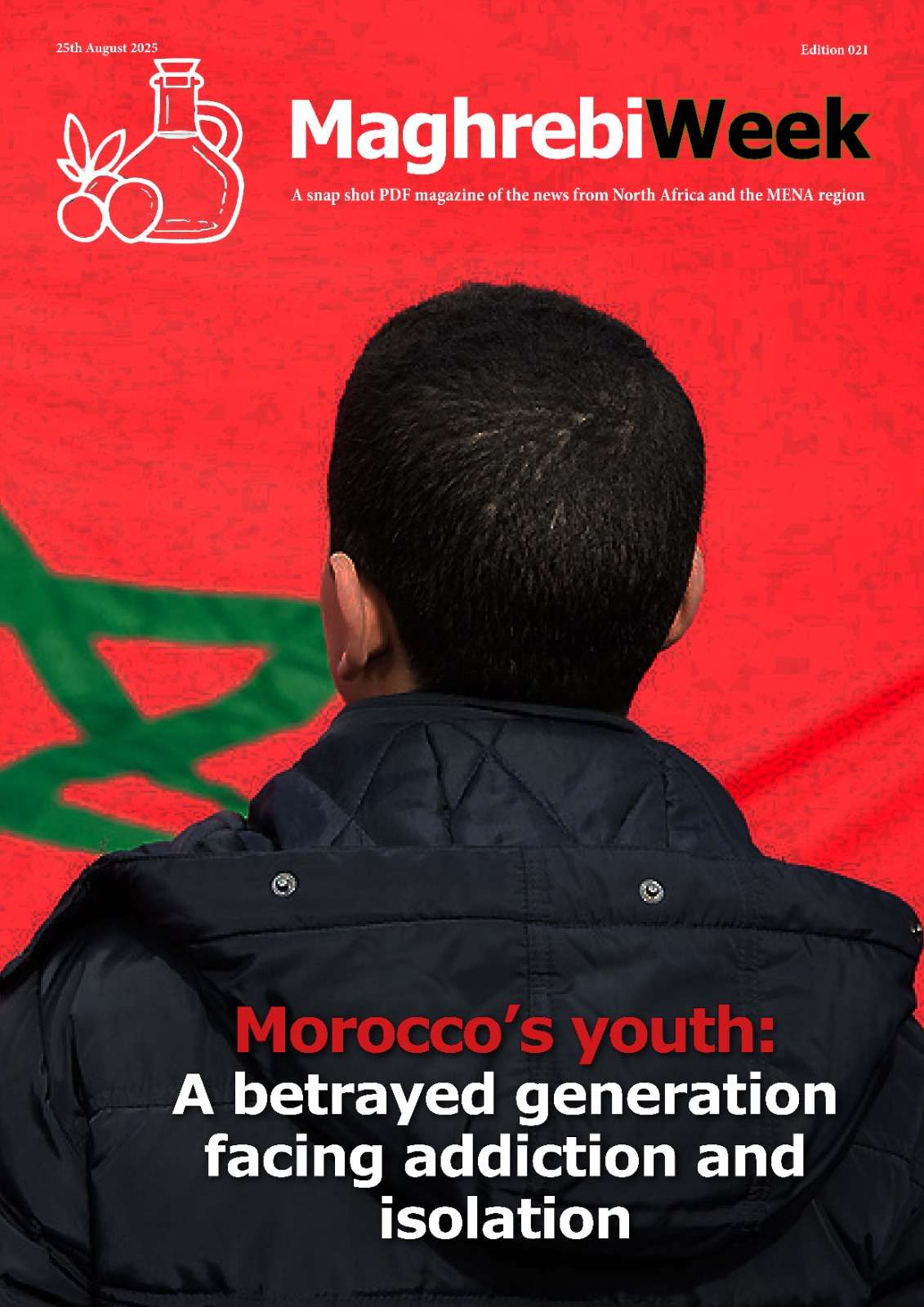
According to the outlet, the step represents a milestone in human rights policy, but it will be one that will yield constitutional and social consequences. Observers note that aligning Algeria’s domestic legislation with international standards may require adjustments to the traditional family code.
This will test how far lawmakers and judges are prepared to translate equality into legal practice.
Reactions have exposed familiar rifts between Islamist and secular spheres, with the former viewing it as a threat to traditional values and social fabric and the latter welcoming the decision as long overdue progress.
The report states that the Movement of Society for Peace (MSP), Algeria’s third-largest political party and one with Islamist leanings, has raised concerns. With particular reference to independent housing rights for women – whether daughters or wives, and regardless of marital or family disputes, MSP warned that recognising women’s rights could destabilise family structures and undermine marriage, custody, divorce, and financial responsibilities.
The outlet suggested that MSP, as it often does, may use the issue to rally support among conservative voters, many of whom are concerned about social change.
How far Algeria’s recognition of women’s rights will be felt in households and courts remains to be seen, but the fresh controversy underlines a sensitive balance between international obligations and local traditions.
The Arab Weekly, Maghrebi
Want to chase the pulse of North Africa?
Subscribe to receive our FREE weekly PDF magazine





